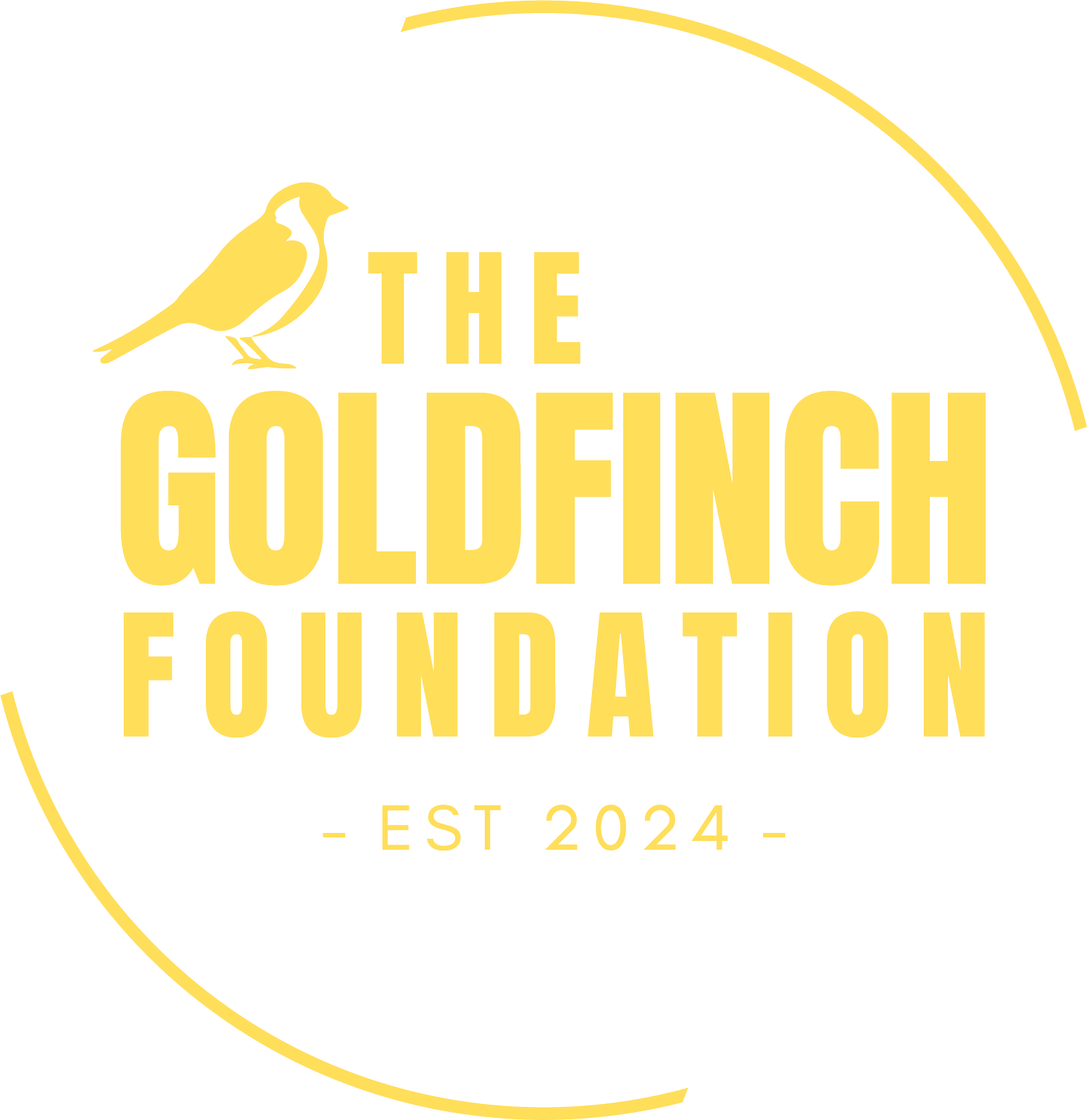Nourishing a full life
Hannah Settle is a registered dietitian at Meant To Eat Nutrition Counseling that specializes in supporting those with disordered eating, body image concerns, and performance nutrition for student athletes.
Eating Enough: Fueling Your Body and Brain This Season
Life can get busy! School, sports, work, social plans, and family commitments can make it easy to skip meals, cut back on snacks, or grab whatever’s fast without thinking much about it. But here’s the truth: eating enough isn’t just about avoiding hunger pangs. It’s about giving your brain and body the fuel they need to keep you energized, focused, and emotionally steady.
Our bodies are still wired with what some call the “cave person brain,” the system that manages daily functions. It evolved to keep humans alive during famines. The problem? Your body doesn’t know the difference between choosing to eat less and being in a survival crisis. When you’re not eating enough, this ancient system reacts by slowing everything down, making you feel more tired and lethargic. And it doesn’t just physically affect your body. Your brain feels it, too. Being “hangry” (hungry + angry) is real! Low energy from too little food can make you irritable, anxious, and less able to focus. A starved brain simply can’t operate at its best, whether you’re trying to ace a test, play your sport, or be present with friends and family.
Mini Quiz: Are You Eating Enough?
1. Which of the following is not a common sign of under-eating?
a. Low energy/fatigue
b. Improved concentration
c. Increased irritability
d. Feeling cold all the time
2. True or False: Being “hangry” is just a mood problem and has nothing to do with your brain’s energy supply.
a. True
b. False
3. When your body isn’t getting enough calories, your metabolism may:
a. Speed up
b. Stay exactly the same
c. Slow down to conserve energy
d. Turn all carbs into muscle
4. Which of these can happen if you consistently eat too little?
a. Loss of muscle mass
b. Slower digestion
c. Irregular periods (for menstruating people)
d. All of the above
5. True or False:
a. Underfueling (aka not eating enough) only affects athletes, not people with regular activity levels.
Answer Key:
1. B - Concentration often worsens when you’re underfed.
2. False - “Hangry” is your brain responding to low blood sugar and energy.
3. C - Your body slows its metabolic rate to protect you.
4. D - All of these are possible effects of under-eating.
5. False - Anyone can experience the effects of not eating enough.
So what can help? Balanced eating that includes enough of the big four: carbs, protein, fat, and fiber.
● Carbs are your body’s preferred source of quick energy. Glucose from carbs fuels your brain, and stored glycogen gives you backup power. Without enough carbs, your body starts breaking down muscle to make energy, which means losing strength. Carbs aren’t just in bread and pasta; fruits and veggies are great sources too.
● Protein isn’t just for athletes. It repairs muscles, supports your immune system, and helps you feel satisfied by boosting the hormones that tell your brain you’ve had enough to eat. Think chicken, turkey, eggs, fish, beans, tofu, nuts, lentils, or edamame.
● Fats have been unfairly labeled as “bad” in diet culture, but fats keep you full longer by slowing digestion and helping regulate hunger hormones. Good sources include olive oil, avocado, nuts, seeds, salmon, tuna, eggs, and dairy products.
● Fiber, found in whole grains, fruits, vegetables, and legumes, slows digestion so your body can absorb nutrients efficiently, helps regulate blood sugar (avoiding energy crashes), and keeps your gut healthy.
● A simple way to build a balanced, nourishing plate is to aim for:
○ Half of your plate with carbs
○ Quarter of your plate with protein
○ Quarter of your plate with fruits and veggies
○ Fats and fiber naturally weave into your meal
Everyone’s needs are unique to them, but this visual is a great starting point to help ensure you’re giving your body what it needs at each meal.
During a hectic season, eating enough isn’t about “perfect meals” or following strict food rules. It’s about listening to your body’s signals and making sure you give it what it needs to function well. Fueling yourself is not indulgence, it’s self-respect. It’s about showing up for your health, your mood, and your goals.
So next time you’re tempted to skip a meal or cut corners on your plate, remember: your cave person brain is on your side, but it works best when you feed it. Eating enough is one of the simplest, most powerful ways to care for yourself—physically, mentally, and emotionally.
At Meant To Eat Nutrition Counseling, our team of dietitians works with teens and families in the Nashville area to discover how to fuel their bodies through values aligned eating. We would love to work with you in a safe, supportive space to explore what building a healthy relationship around food could look like for you and your family. And here’s some exciting news, we’re now in network with BCBS and Aetna!

